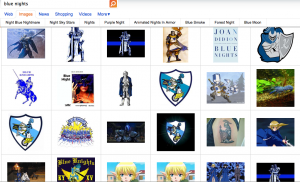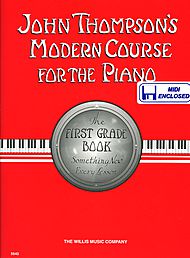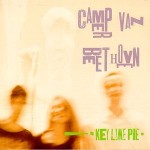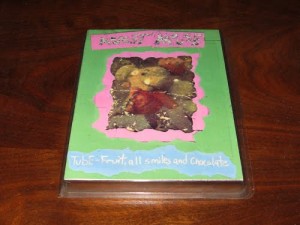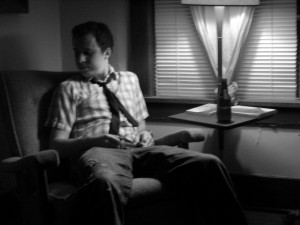This thing was inspired by March Fadness, where Megan Campbell and Ander Monson rank 64 one-hit wonders of the 1990s in bracket form and let them square off against each other. You can join in the voting, if you’d like. A song I happen to love somewhat irrationally is up against an indomitable favorite, and with it running through my head all day I came up with some thoughts on why I had to vote for it.
The greats are often tiresome. There’s a certain sterility to them that comes from realizing you were born too late to take part in any interesting conversations to be had about the topic at hand. The Mona Lisa. Anything of Mozart’s. Even the Beatles: whatever joy I felt listening to those greats felt reduced solely by nature of the late 90s air I was breathing.
So often I find myself with a joke to add to a conversation but not the means or the timing to add it when it counts, and so I chew on it and wait and modify it as the time passes and the conversation morphs, say, from brains to minds. To like “You Get What You Give” is to be that person, spitting out a joke well after anyone’s eager to hear it. To hear “You Get What You Give” is to feel the way you do when the joke first hits you, when everything in your world is potential and you feel so good for being smart and ready.
There is no way in 2017 that I can convince you that the New Radicals’ “You Get What You Give” is anything but a pop music footnote. I don’t, simply, have the talent to impart in you the joy I feel every time it plays on a jukebox. What happens in my heart on the opening countoff?the one, the two, the one two three four?can’t be put into useful words, and if I believe in the essay as a form I shouldn’t sleep until I found a way to do it. Instead, I can point to what my body does when the chorus happens. The two, the three-and and the four-and. The compounded syncopation of Gregg Alexander’s vocals is a secret cord tied tight to the root of me. I’m always pulled up dancing like a puppet.
“I’m sick of meaning, I just want to hold you.” This is a line from a newer song that’ll never be a wonder, but it comes to mind now, thinking about what I want to do, which is play “You Get What You Give” for a room of people and raise all of them out of their seats. Some songs are usefully dumb. When I feel bullied by my brain, pop songs are a braver friend, standing up to that monster so that I might feel like other people.
Escapism might be God’s way of righting ourselves. I want to be dumbed by some songs. I put on the New Radicals, and look at the way my teeth bite my lip! Look at what work my hips can accomplish!
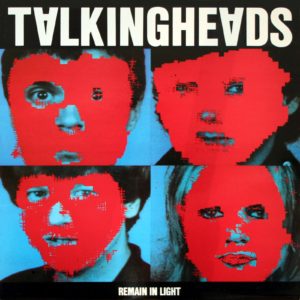

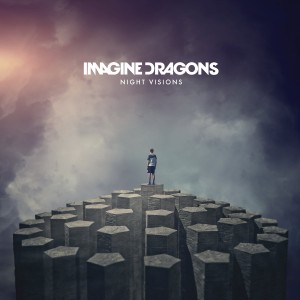

 I.
I.